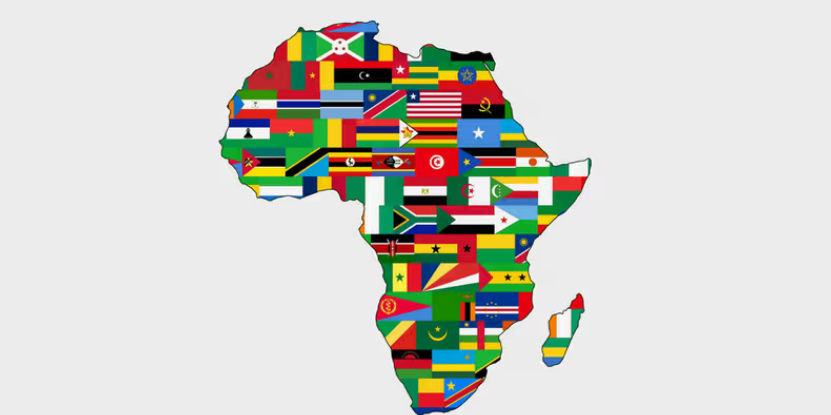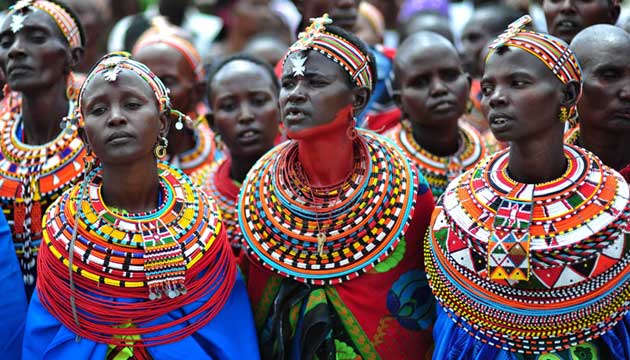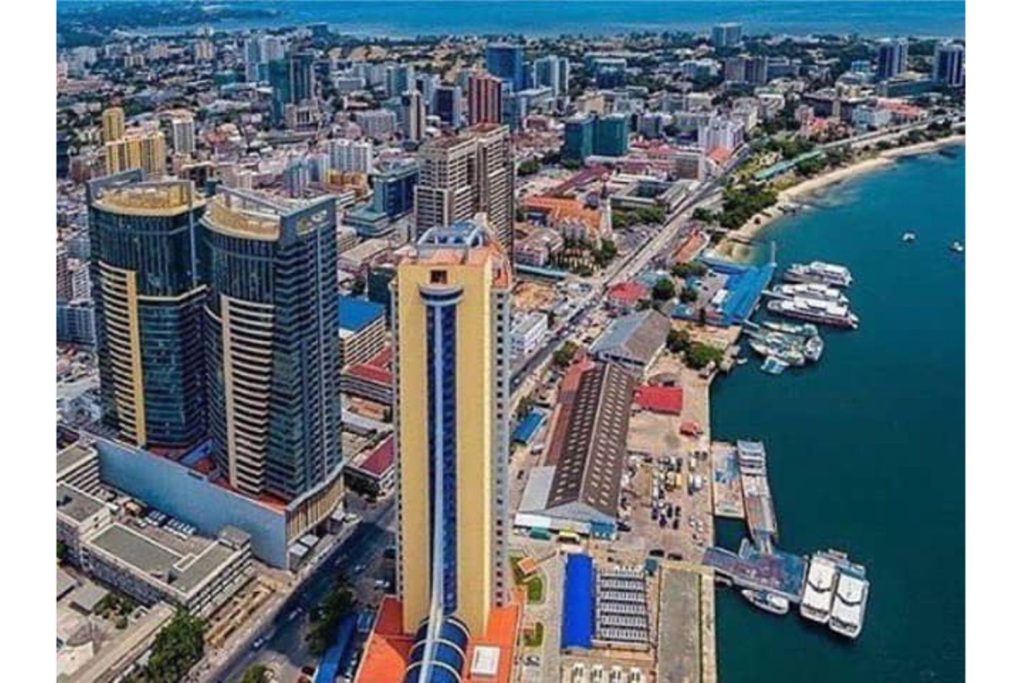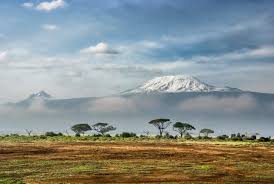
By Elizabeth Antidius Shumbusho | Africa Guardian
Africa is a continent of immense diversity, encompassing over 50 countries, thousands of languages, and a wide array of ecosystems. Yet, it is often misunderstood, with many misconceptions persisting due to stereotypes, outdated information, or a general lack of knowledge. These misconceptions can lead to negative attitudes and an oversimplified view of the continent and its people. By debunking these myths, we can begin to appreciate Africa’s true diversity and potential.
1. Africa is a Single Country

One of the most pervasive misconceptions is that Africa is a single, monolithic entity. In reality, Africa is a continent comprising 54 distinct countries, each with its own unique cultures, languages, and histories. Viewing Africa as one country grossly oversimplifies its diversity. Just as Europe or Asia is made up of numerous countries, so too is Africa. Each nation within Africa has its own government, customs, and challenges.
2. Africa is Just Desert and Wildlife
Another common myth is that Africa is solely a land of deserts and wild animals. While Africa is home to iconic natural wonders like the Sahara Desert and a rich array of wildlife, it also boasts bustling cities, lush rainforests, towering mountains, and expansive lakes. Cities like Cape Town in South Africa, Lagos in Nigeria and Dar es Salaam in Tanzania are modern, vibrant urban centers with skyscrapers, advanced technology, and lively nightlife. Africa’s landscapes are as diverse as its cultures, ranging from the beaches of Kenya to the mountains of Ethiopia.
3. All Africans are Poor and Uneducated
The stereotype that all Africans live in poverty and lack education is far from the truth. While poverty does exist in some parts of Africa, it is not the full picture. Several African nations, such as Nigeria, Egypt, and South Africa, are among the world’s fastest-growing economies. Additionally, many Africans are highly educated, contributing significantly to global knowledge through universities and research centers. This misconception overlooks the progress and successes occurring across the continent.
4. Africa is Always Hot
While many regions in Africa do experience warm climates, the belief that the entire continent is perpetually hot is inaccurate. Africa’s climate varies greatly, with some areas experiencing cooler weather, particularly in highland regions like the Ethiopian Highlands or the mountains of South Africa. In fact, countries like Morocco and Lesotho even experience snowfall during winter. This climatic diversity supports a wide range of agricultural activities and lifestyles across the continent.
5. African Culture is the Same Everywhere

The idea that there is a single “African culture” is misleading. Africa’s cultural landscape is incredibly diverse, with over 3,000 ethnic groups and more than 2,000 languages spoken. Each group has its own distinct traditions, music, dance, art, and social practices. From the Maasai in Tanzania to the Zulu in South Africa, Africa’s cultural diversity is as vast as its geographical diversity.
6. Africa is Dangerous and Full of Conflict
While some African countries have experienced conflict, the notion that the entire continent is dangerous is a gross exaggeration. Many African nations are peaceful and stable, with thriving tourism industries. Countries like Botswana, Ghana, and Namibia are known for their political stability and safety. This misconception ignores the positive aspects of life in Africa and the millions of people who live in peace every day.
7. Africans Live in Tribal Huts

The stereotype that all Africans live in tribal huts is outdated and inaccurate. While some people in rural areas may live in traditional homes, many Africans reside in modern apartments and houses, especially in urban areas. Cities like Nairobi, Johannesburg, and Accra are home to modern infrastructure, including shopping malls, universities, and hospitals. Africa’s urban areas reflect a blend of modern development and cultural heritage, showcasing the continent’s dynamic and evolving nature.
It’s important to seek accurate information about Africa and recognize that, like any other continent, it has a wealth of stories and experiences to offer.
___


